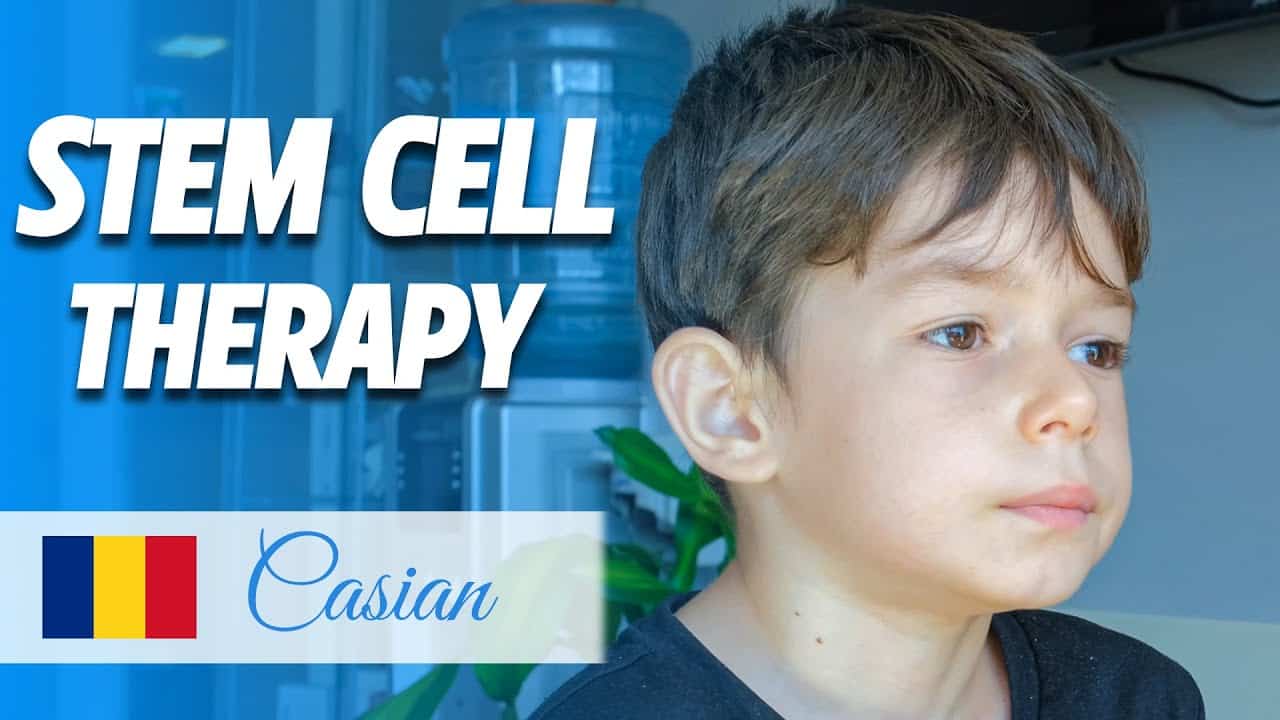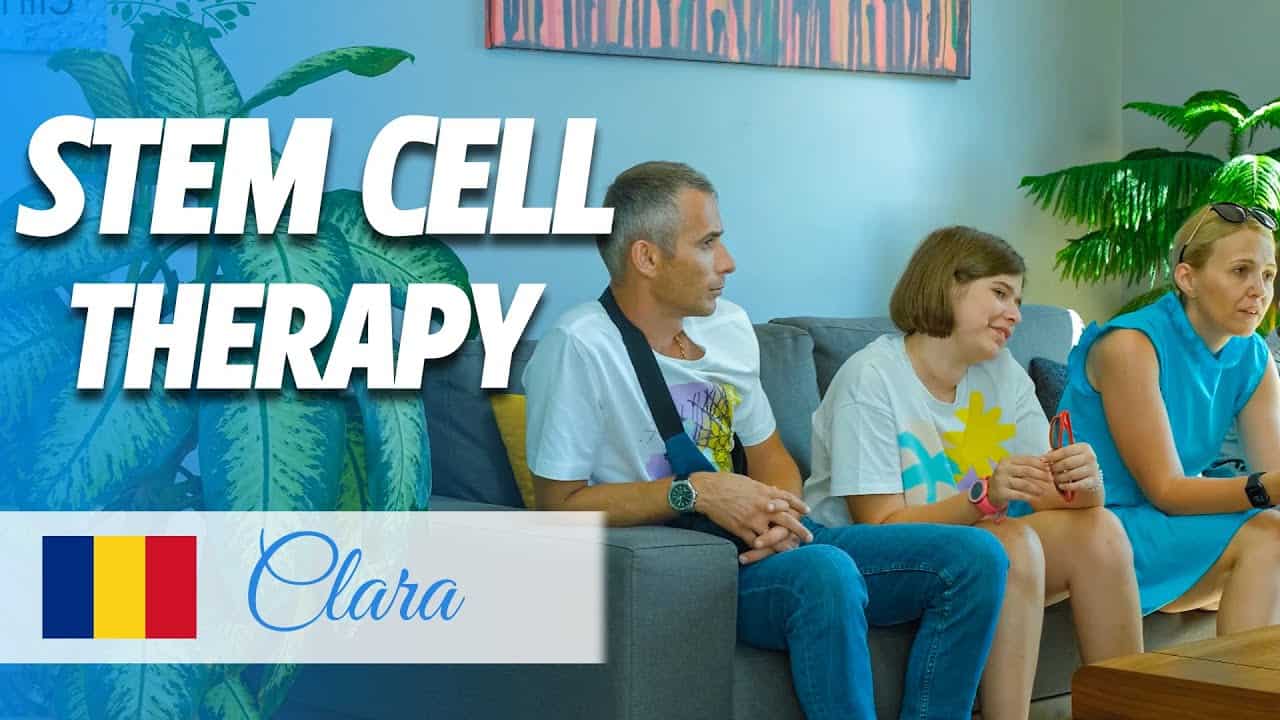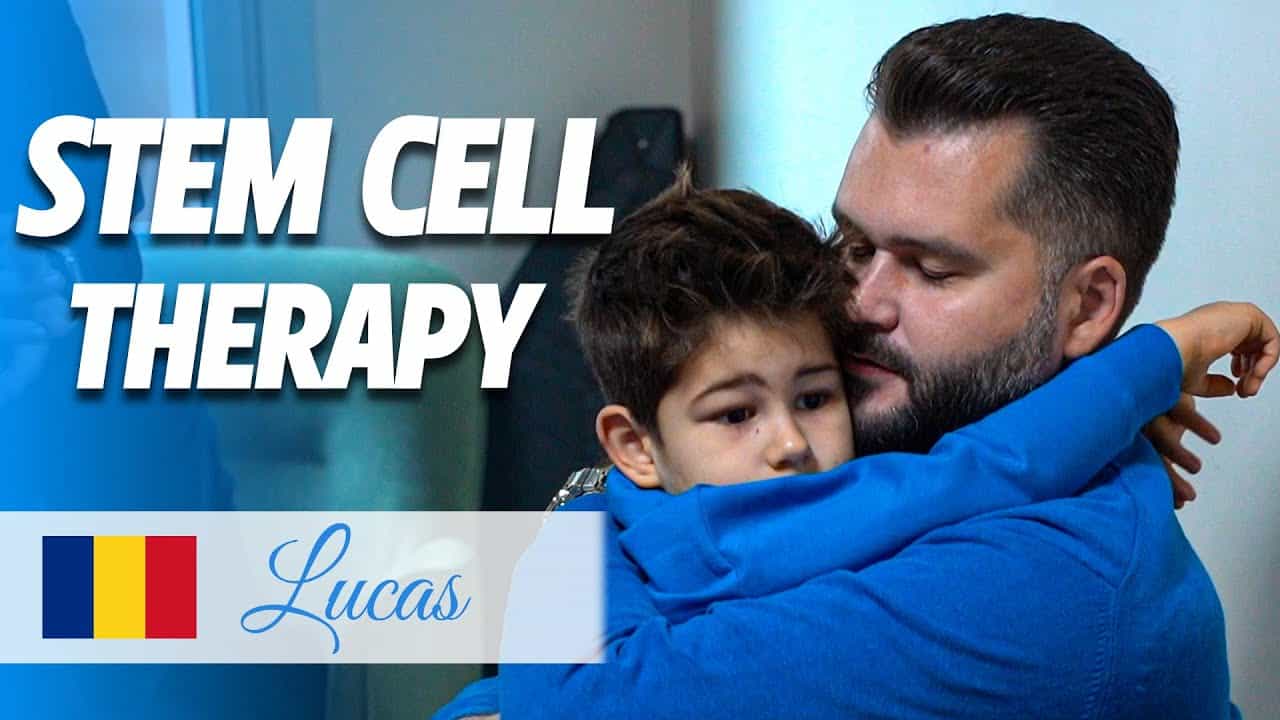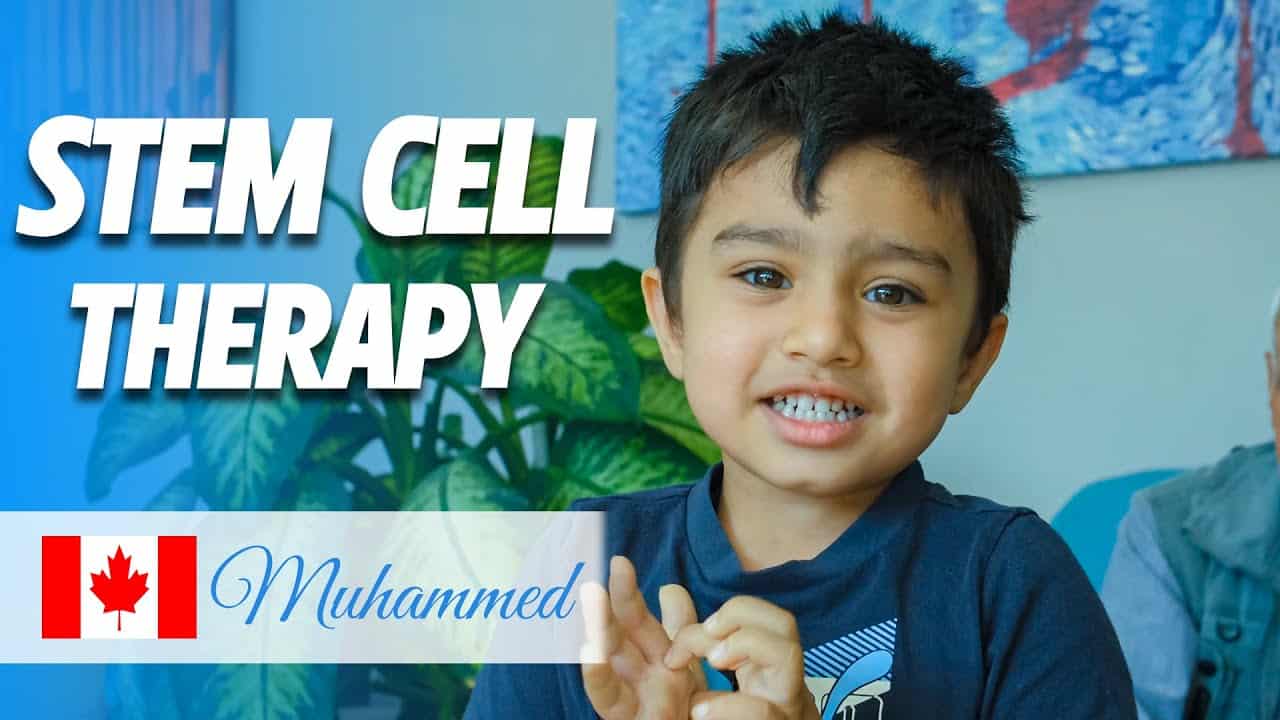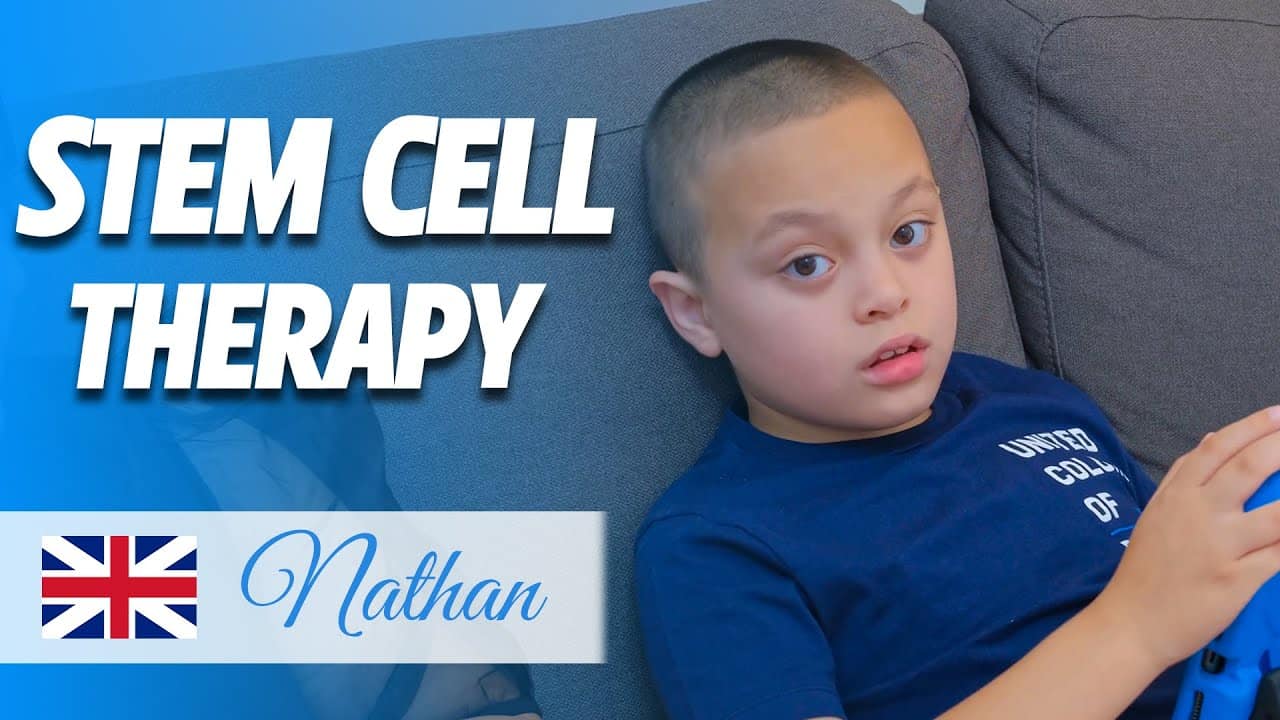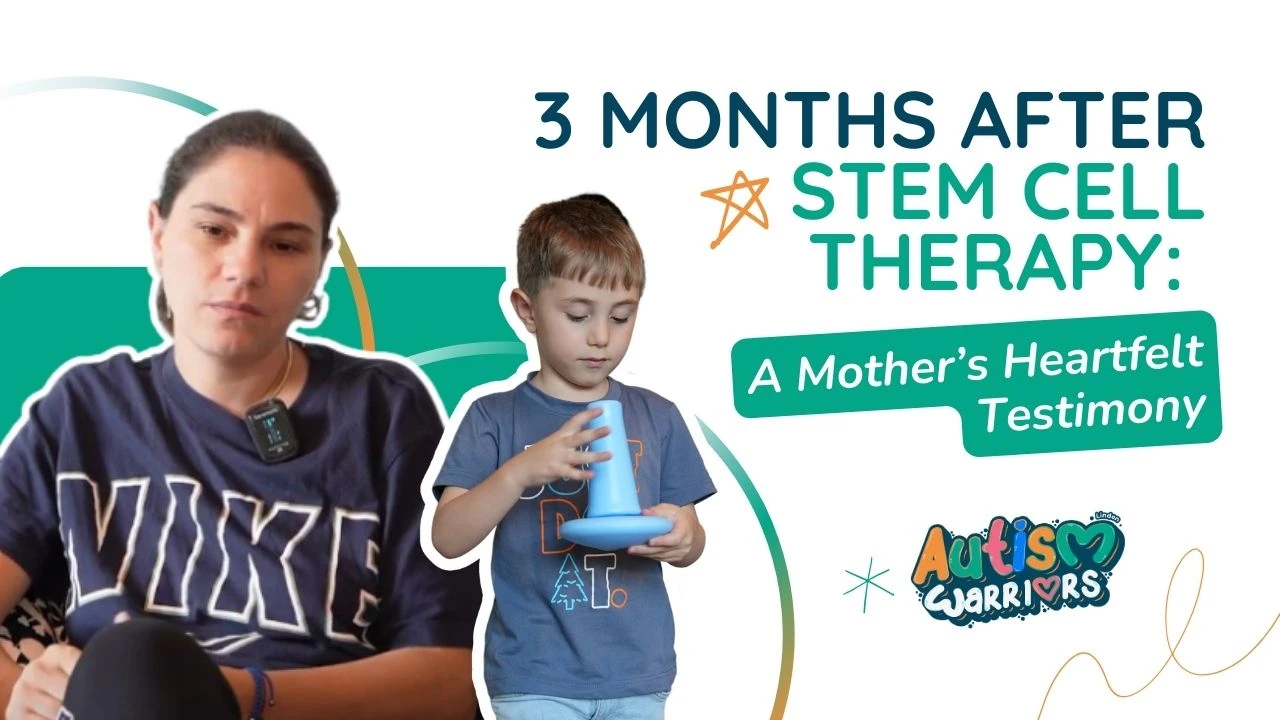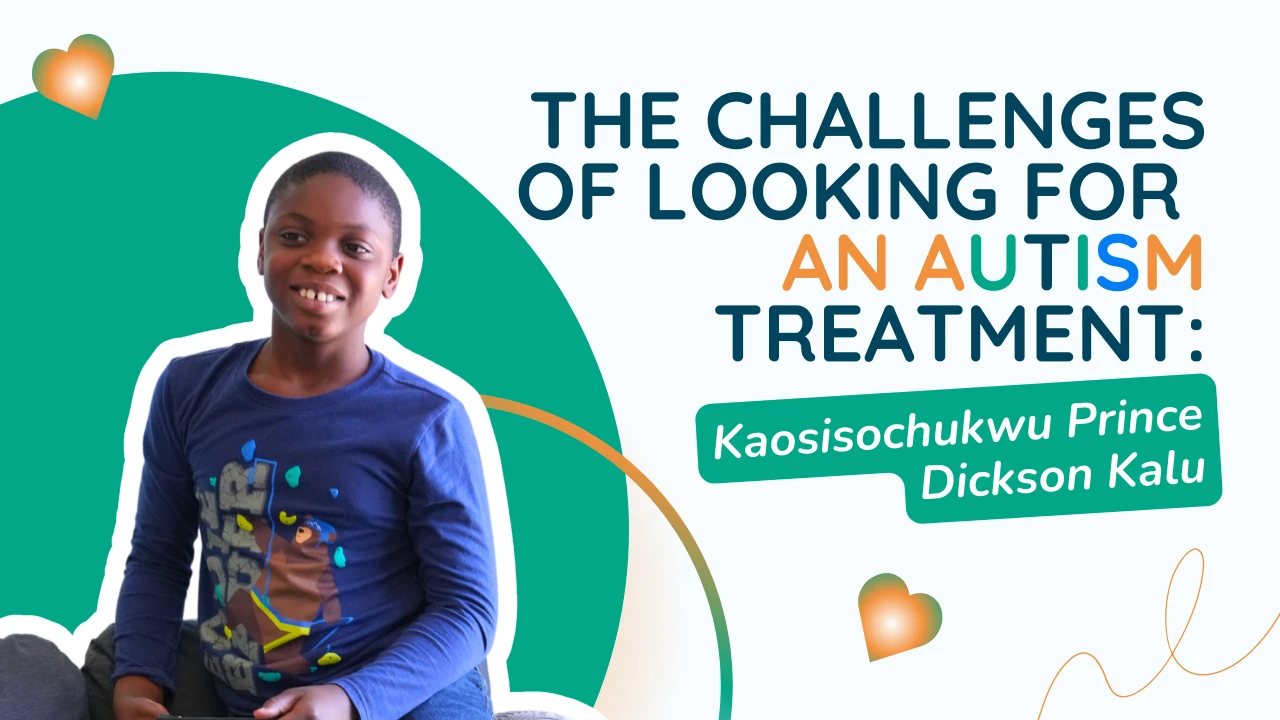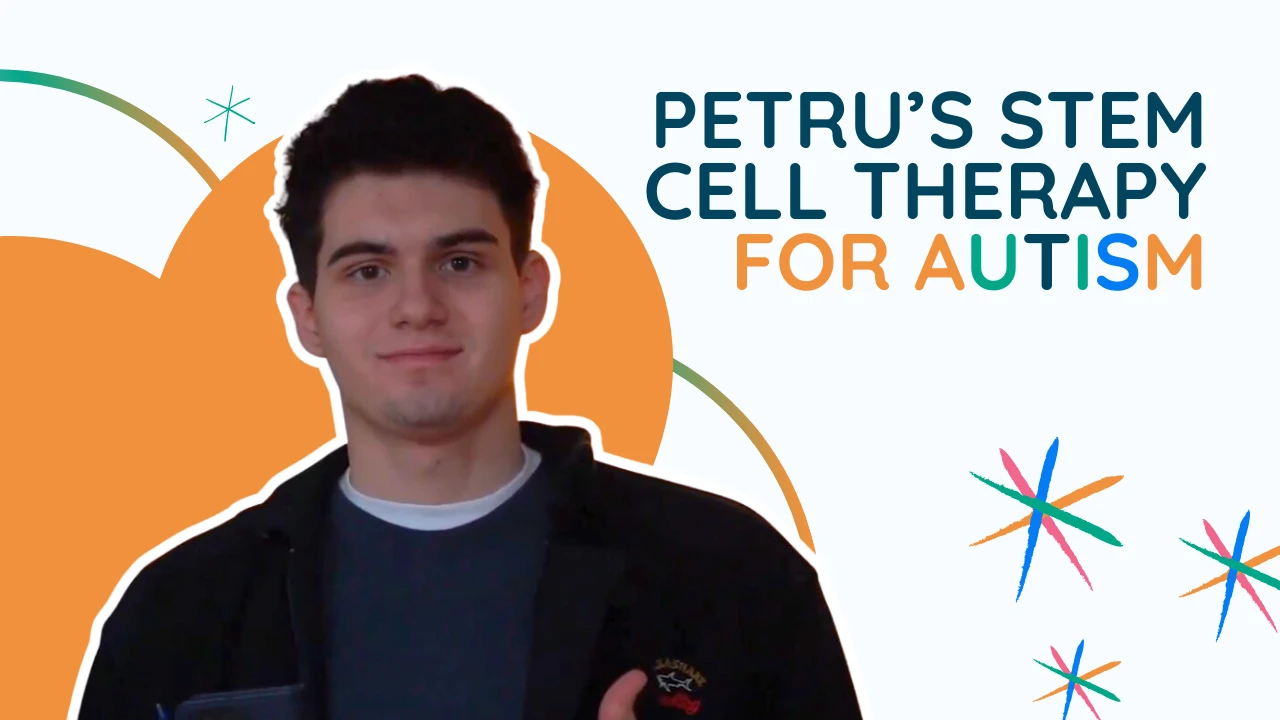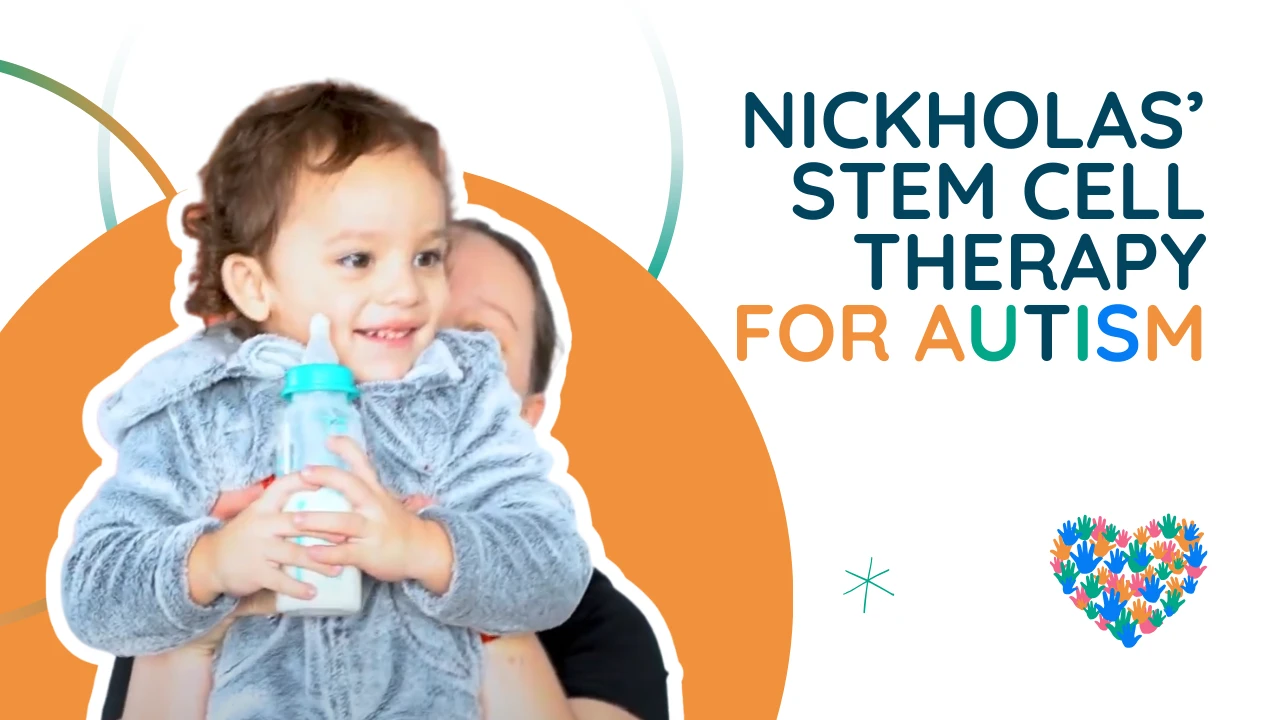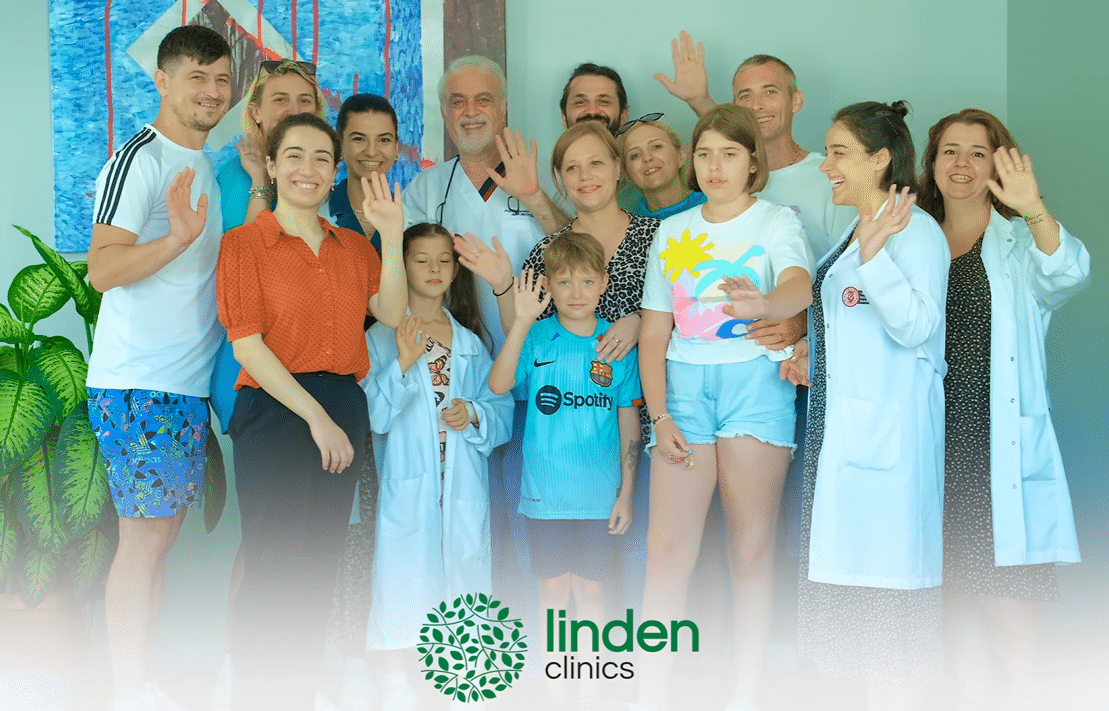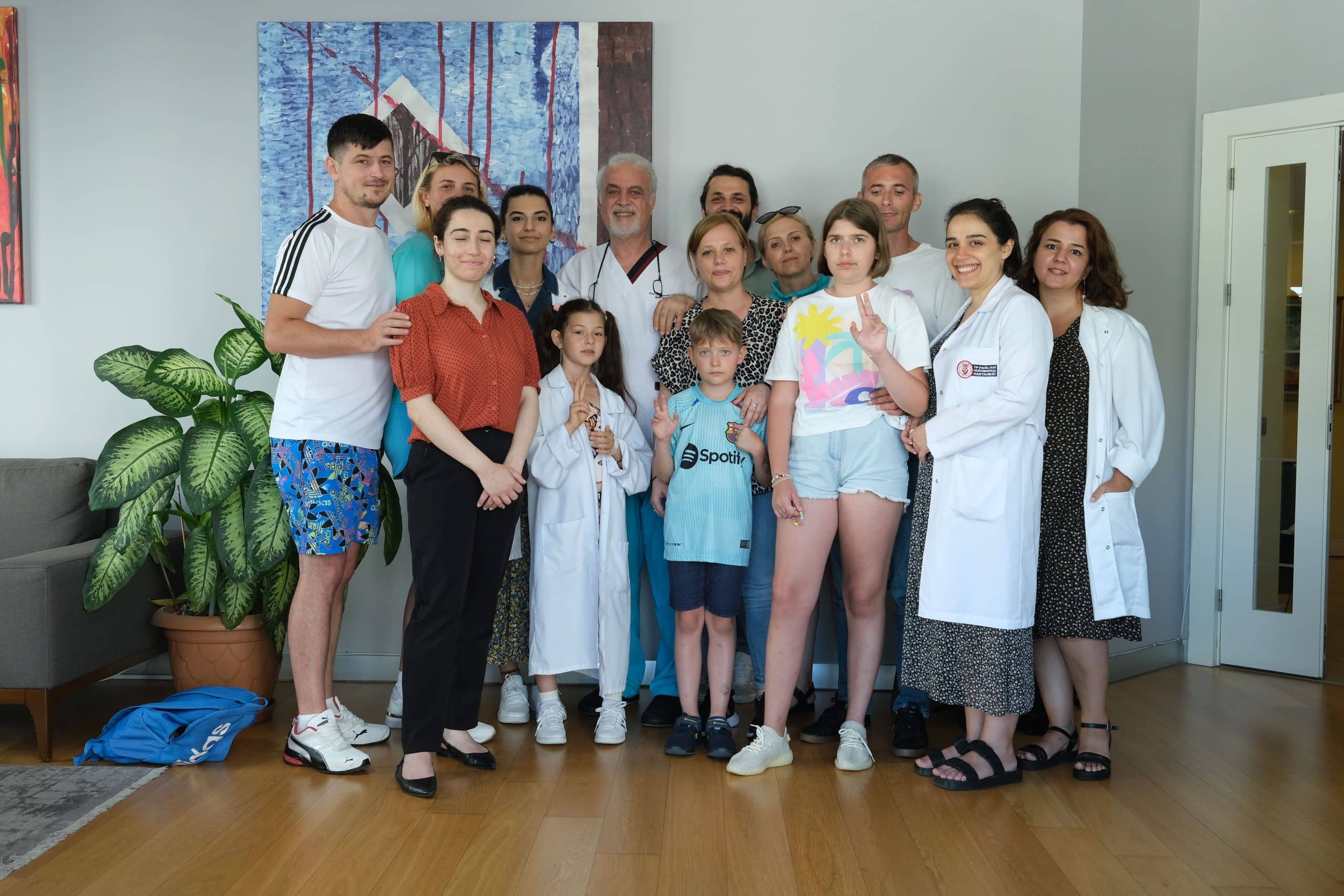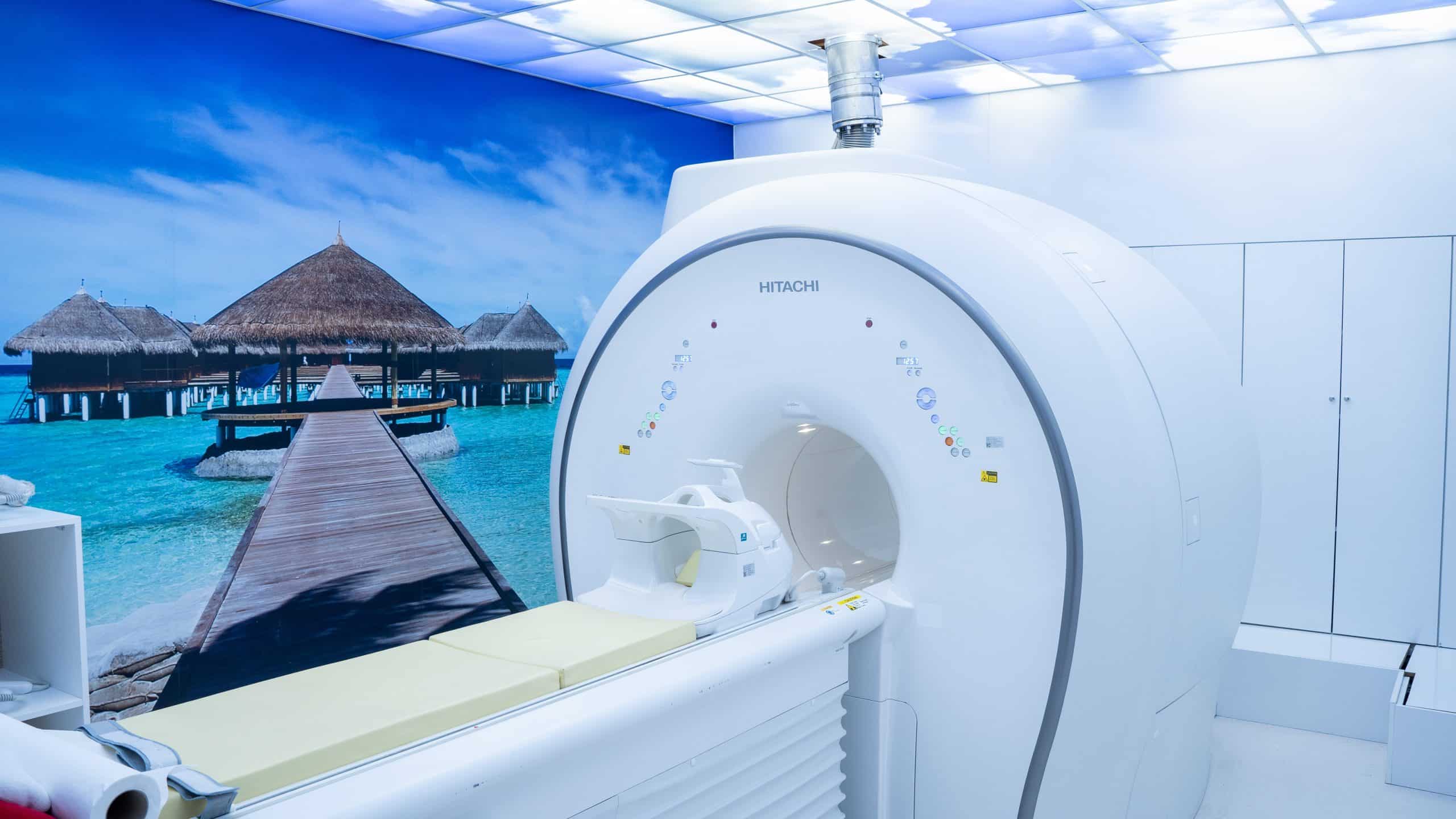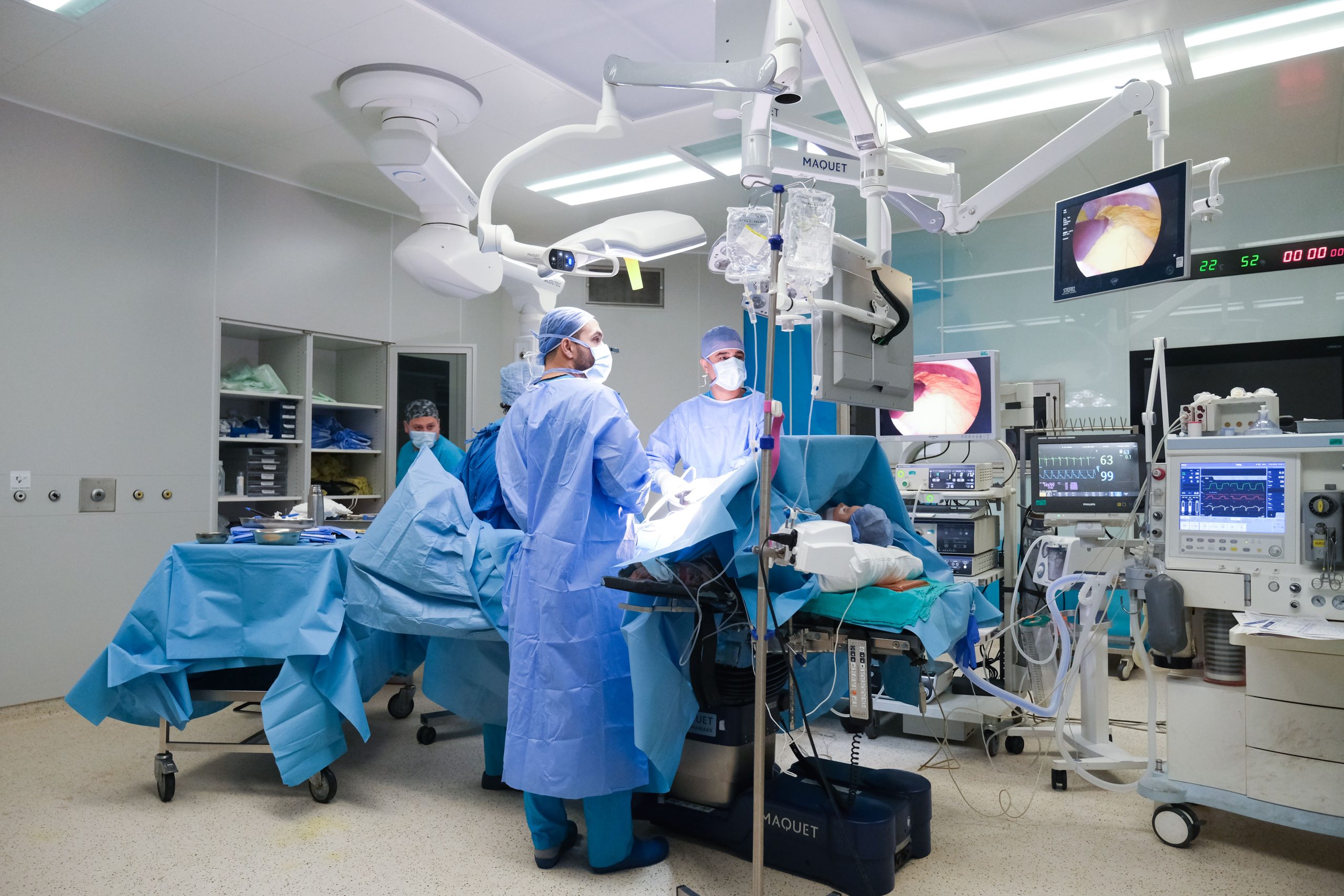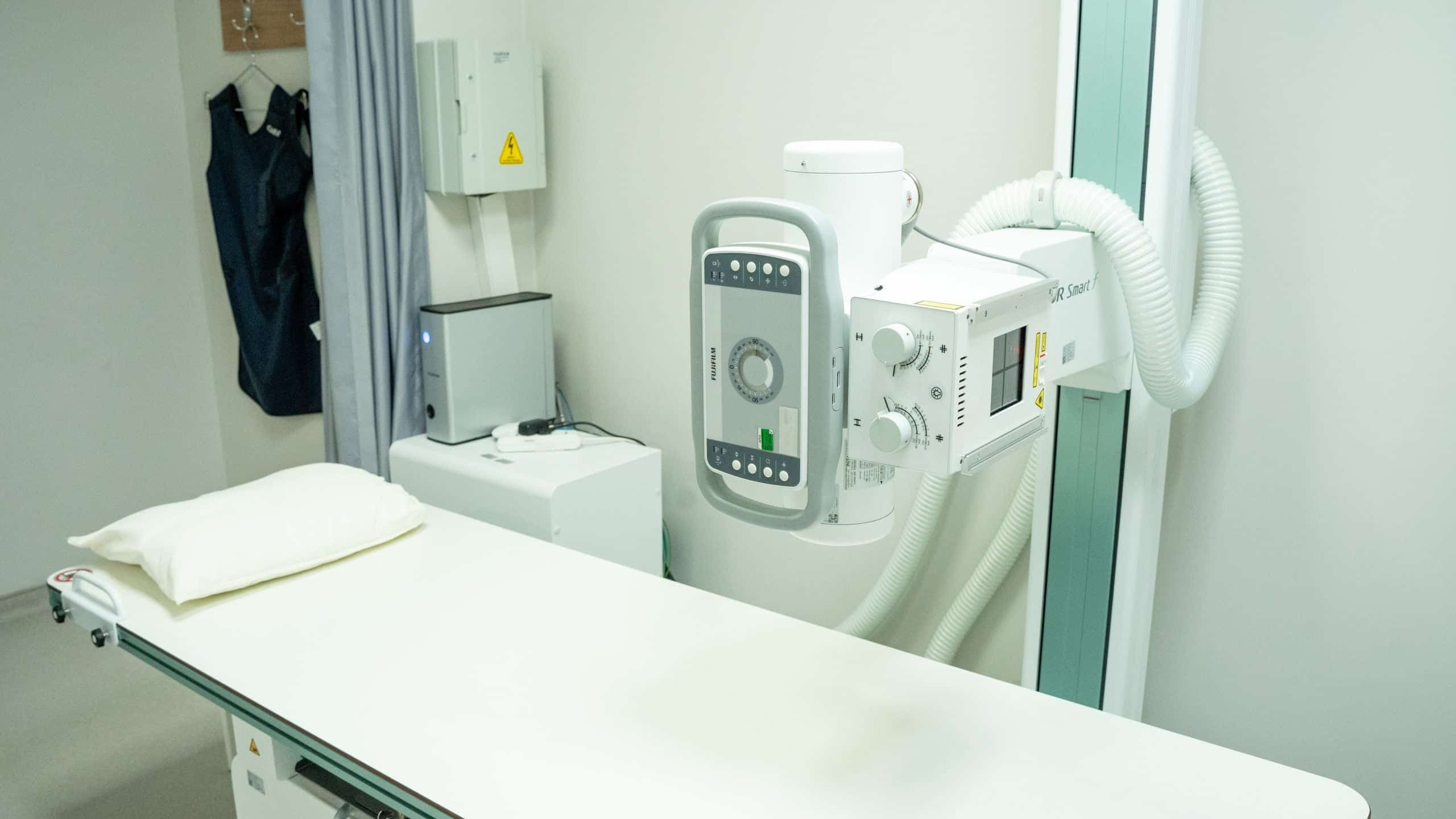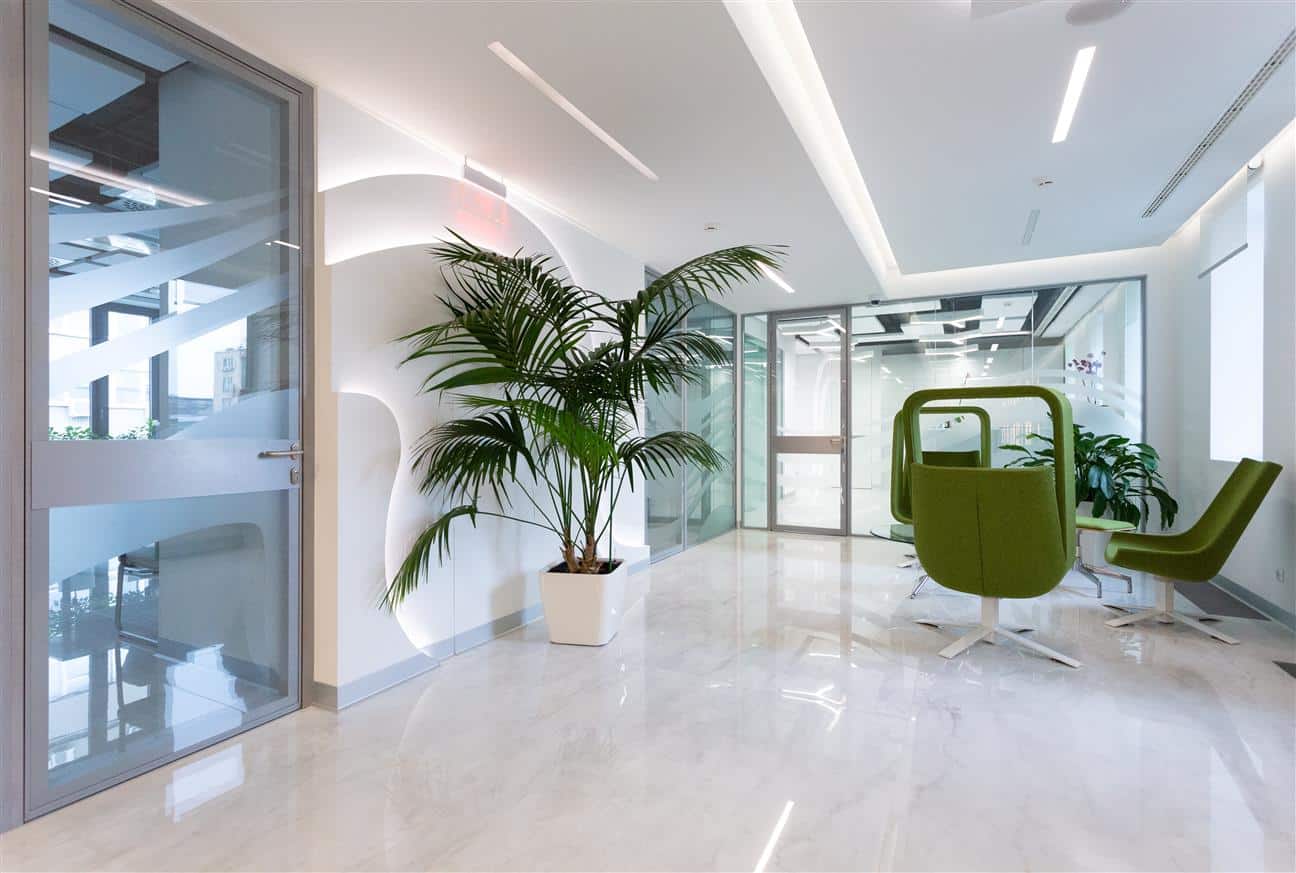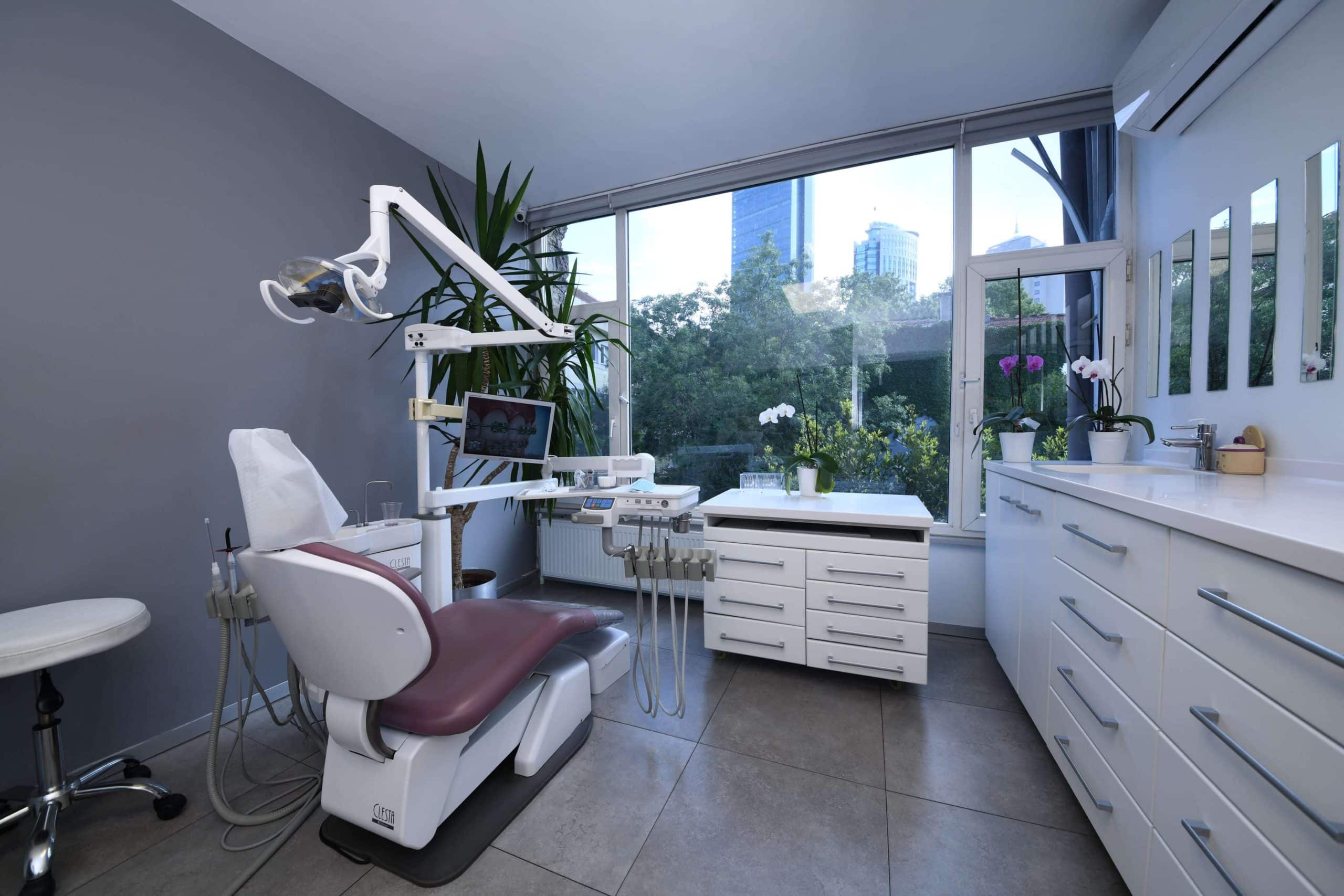Stem Cell Therapy for Autism
All our autism patients have noticed various degrees of improvement after stem cell therapy. The level of these improvements depends on the severity of their condition and the follow-up intensive developmental therapeutic activities recommended after treatment.
IF NOT NOW WHEN?
Free Consultation

What is Autism Treatment?
The primary goal of stem cell therapy is to help the child prepare for an adult and independent life by advancing brain development and developing the communication, self-care, learning and vocational skills they will need most.
Our stem cell therapy improves blood and oxygen flow to the brain, called "enhanced perfusion", better replaces damaged or dormant neurons and allows new neuronal connections between neuron and muscles to form faster, which is reflected in fine and gross motor skills, increasing learning ability and self-care.
Our treatment is safe and minimally invasive; we have extensive experience treating children with autism and ensure that their experience is enjoyable.


Autism Treatmentwith Stem Cell
There are four disorders/conditions that fall under the definition of autism spectrum disorder (ASD) that we have experience with at Linden Klnik:
AutismAsperger syndromeAttention deficit hyperactivity disorder (ADHD)Childhood disintegrative disorder (CDD) and pervasive developmental disorders (PDD)
We have designed an effective and safe treatment method that can help children with autism develop and progress better. This is based on the unique ability of stem cells to repair damaged cells and tissues, activate brain functioning and strengthen the immune system, which affects the development of cognitive abilities, behavior and social skills.
Stem cell therapy creates the opportunity for a child's brain to better regulate memory, concentration, attention and speech.
Expected Improvement in Autistic Children with Stem Cell Therapy
Cognitive improvements with stem cell therapy
Strong memory, eye contact, learning, verbal skills
Better behavior, diligence and patience
Strengthening the immune system
Improving psychological confidence and social cohesion
Improvement in self-care skills
Improved gastrointestinal function (better digestion)
The Process Ends in 6 Steps at Linden Clinic!
Contact us
Contact us to get started.
Free Consulting
We do a pre-check for medical procedures.
Plan the Treatment
Together we decide on the date and details of the operation.
Fly to Istanbul
Our VIP vehicle will pick you up after you arrive in Istanbul.
Hotel Accommodation
You are resting in your hotel and waiting for the day of the operation.
Operation
We will be with you at every step of your treatment.

Before & After
+1000 Happy Patients in 22 Countries

Meet our Consultants
Get personalized advice from our experts with a free consultation.
Stem Cell Therapy Frequently Asked Questions
Stem cell therapy is a therapeutic approach that harnesses the abilities of specific cell types to alleviate symptoms associated with various health conditions. Stem cells are renowned for their regenerative potential and ability to naturally modulate the immune system through internal cell signaling mechanisms.
Health conditions that may benefit from stem cell therapy include neurological and autoimmune disorders, musculoskeletal injuries, metabolic syndrome, skin diseases and other conditions related to damage to tissue or cells. Our medical advisors will evaluate your condition to provide an estimate of the possible outcomes of treatment.
In most cases, stem cell therapy can relieve pain, reduce inflammation, heal affected areas and/or improve motor and cognitive functions, depending on the specific condition. However, the extent of improvements resulting from cell-based therapy can vary between patients due to factors such as the nature and duration of the disease, the severity of symptoms, the number of procedures performed and other individual factors.
Stem cell therapy should not be seen as a miracle solution, but as an alternative approach worth considering. For difficult-to-treat and rare diseases, it can contribute to alleviating symptoms, improving overall quality of life and slowing disease progression. In more common health conditions, it has the potential to significantly improve symptoms.
In many cases, patients experience noticeable improvements in the first days of stem cell therapy. However, it is important to recognize that it takes time for the delivered stem cells to reach the affected areas and facilitate the healing process. As a result, the full therapeutic effect typically becomes apparent later - most likely within a few months after discharge - and lasts (in general) 6 to 12 months.
The safety profile of stem cells used in the clinic has been confirmed by extensive research and clinical trials. However, it is important to note that some patients may experience minor side effects shortly after the administration of the cells, typically in the first few hours or days. These may include short-term fever, redness at the injection sites, weakness or headache.
Although stem cell therapy is generally well tolerated and has no serious side effects, there are some contraindications to the procedure that should be considered. These include conditions such as cancer, acute infections, previous negative experiences with cell-based therapies, mental disorders and some other special conditions. Therefore, we evaluate each patient's medical history and individual suitability for the treatment to ensure optimal safety and effectiveness.
At the clinic, we offer the option of using both autologous (the patient's own) and allogeneic (from donated tissues) stem cells. In the case of autologous stem cells, additional time is required to collect, cultivate and prepare the cells before treatment can begin. In contrast, when using donated cells, treatment can be started immediately, eliminating the need for the cell collection procedure and associated anesthesia. The choice between these two approaches depends on individual circumstances and medical considerations, which our medical experts will assess to determine the most appropriate course of action.
Stem cells can be derived from various tissues in the body. Significant amounts of stem cells are found in bone marrow, adipose (fat) tissue (taken from the patient or donated), and in umbilical cords and placentas taken with consent after a healthy birth. Once collected, the cells are processed and then stored in a bank until they are needed for treatment.
The type of cells used in the clinic are known to be immune privileged. This means that they are not rejected by a recipient's immune system, even if donated. Unlike other treatments that use other protocols and stem cell types, the use of mesenchymal stem cells (MSCs) eliminates the risk of rejection.
In our clinic, we only use mesenchymal stem cells (MSCs) for treatment. It is important to note that these stem cells are derived from adult tissues, not from fetuses or embryos. As a result, MSCs do not have the capacity for uncontrolled differentiation and tumor formation. Extensive research has established the safety profile of these MSCs and provides reassurance for their use in therapeutic applications.
In this approach, only cell-based drugs prepared in laboratories for clinical use are used. These may contain stem cells or exosomes secreted by these cells. During treatment, these cell-based drugs are administered by various routes such as intravenous, topical, inhalation, etc., depending on the medical needs of each patient.
Your stay at the clinic can vary from a few days to several weeks, depending on factors such as treatment goals, the number of procedures required and the specific case being handled. We strive to create a comfortable and warm environment for patients by offering cozy rooms that resemble a home environment rather than a traditional hospital setting. We also understand the importance of emotional support and welcome the company of your loved ones during the treatment process.
The innovative nature of stem cell therapy contributes to its often high cost and makes it less affordable for some individuals. The overall cost of the treatment covers various stages, including collecting, storing, processing and making the cells available for use in the Clinic. In addition, the cost reflects the expertise and efforts of various specialists, including regenerative medicine experts and other healthcare professionals who play an important role in ensuring the success and safety of the treatment. While the costs associated with stem cell therapy can be significant, it is important to consider the potential benefits and long-term value in improving health and quality of life.
Before starting treatment, it is standard procedure to have a comprehensive consultation with a medical advisor at the Clinic. During this consultation, you will have the opportunity to present your case and provide relevant medical reports. The doctors will carefully evaluate your medical history and condition to assess the appropriateness and potential effectiveness of treatment for your specific health condition. Following this assessment, a personalized treatment program will be created for you, including convenient dates for your arrival at the Clinic. This ensures that your treatment plan is tailored to your individual needs and maximizes the chances of a successful outcome.
What Did Our Patients Say?
Read Over 5,000 Real Patient Reviews

I recently brought my three sons to Linden Clinic for stem cell treatment, and I couldn't be more impressed with the experience. From the moment we walked in, the staff were incredibly welcoming and professional. They made my sons feel comfortable and reassured throughout the entire process.The clinic itself is well-maintained, with a calm and inviting atmosphere. The team was thorough in explaining the procedure, answering all our questions, and ensuring we were well-informed at every step. The professionalism and expertise of the staff were evident, and it gave me confidence that my sons were in the best hands.The care and attention we received were top-notch, and the results have been very promising. I truly appreciate the excellent service provided by Linden Clinic and highly recommend them to anyone considering stem cell treatment or looking for a clinic with a caring, professional team. Thank you again

